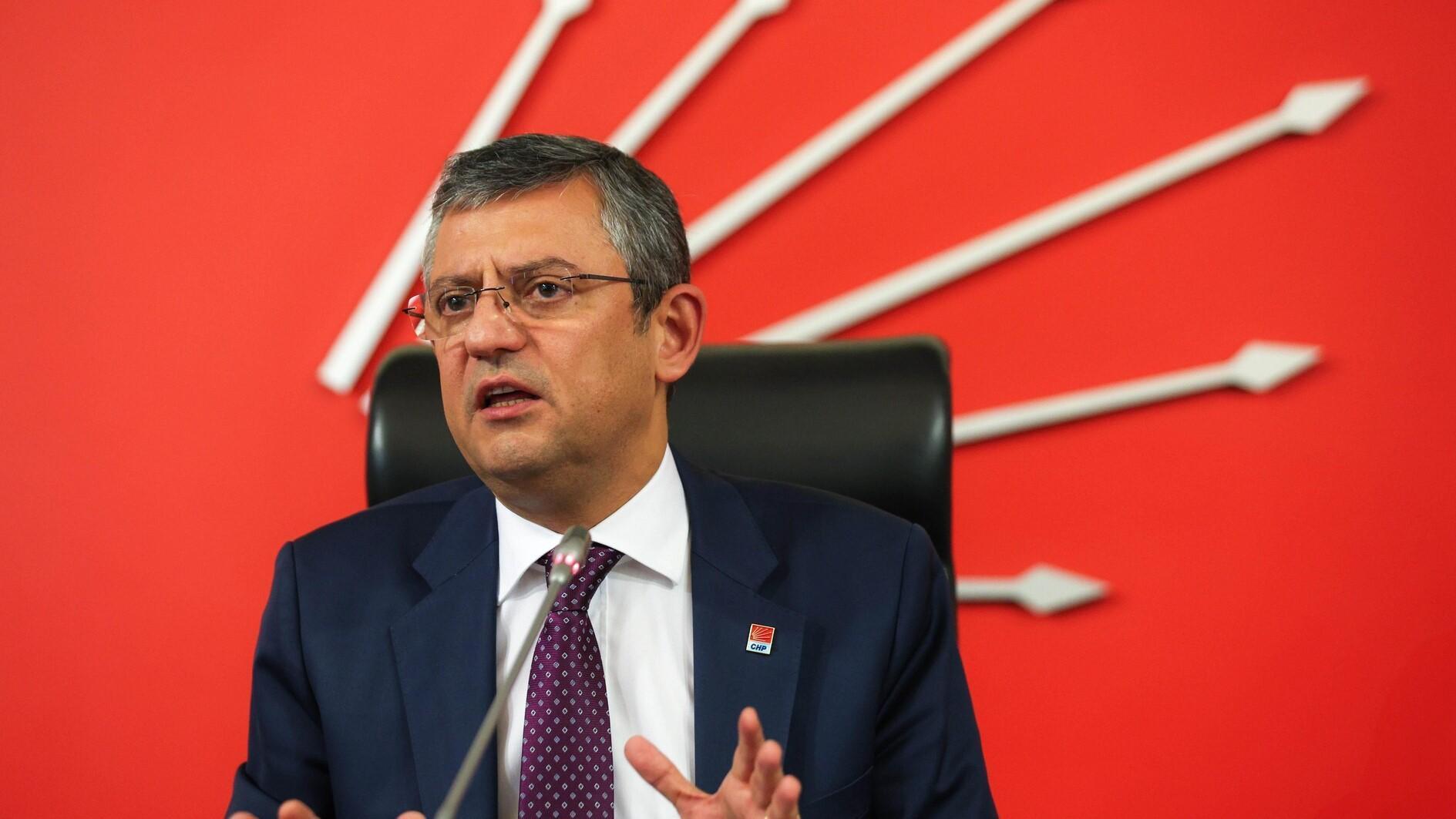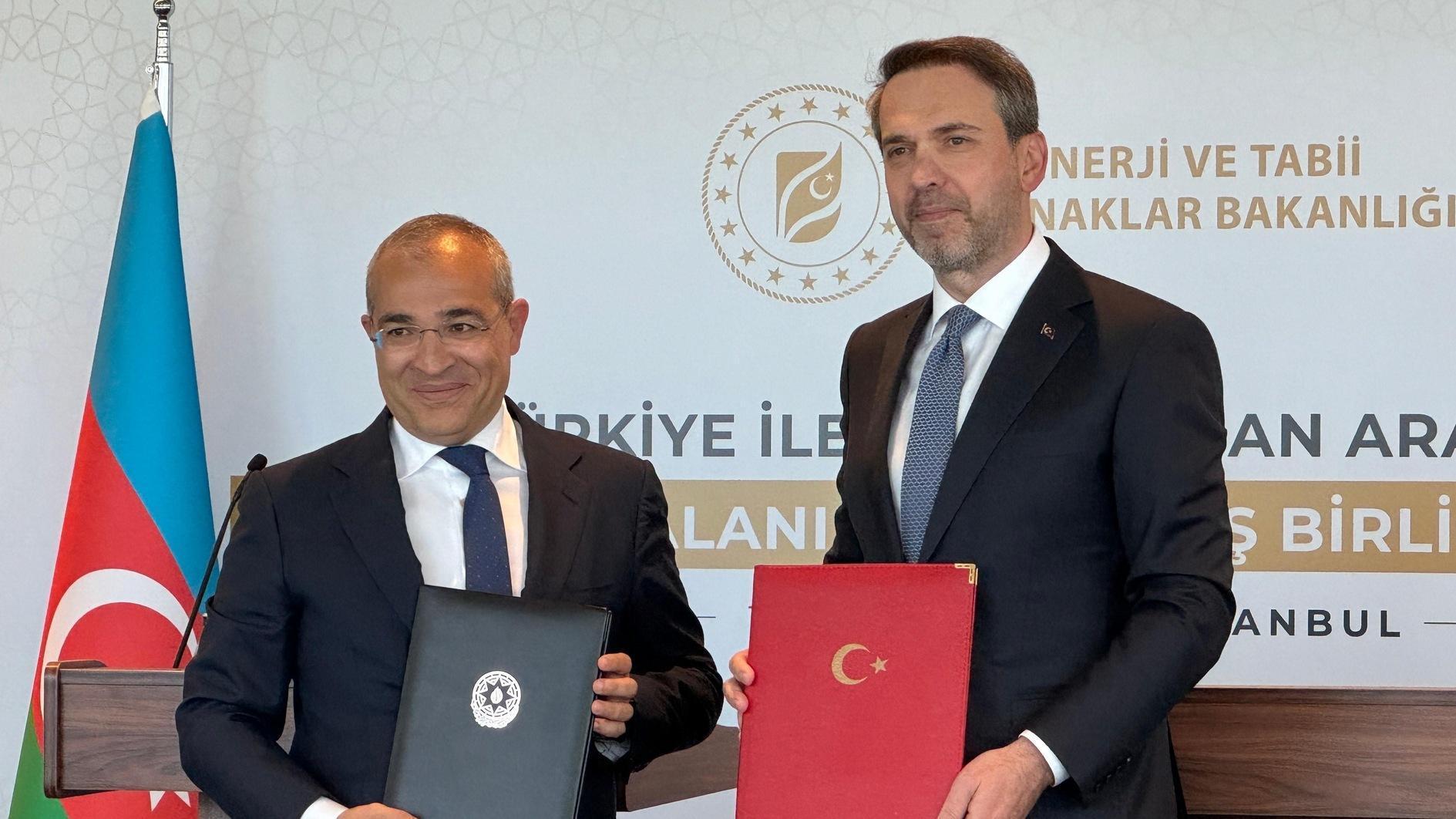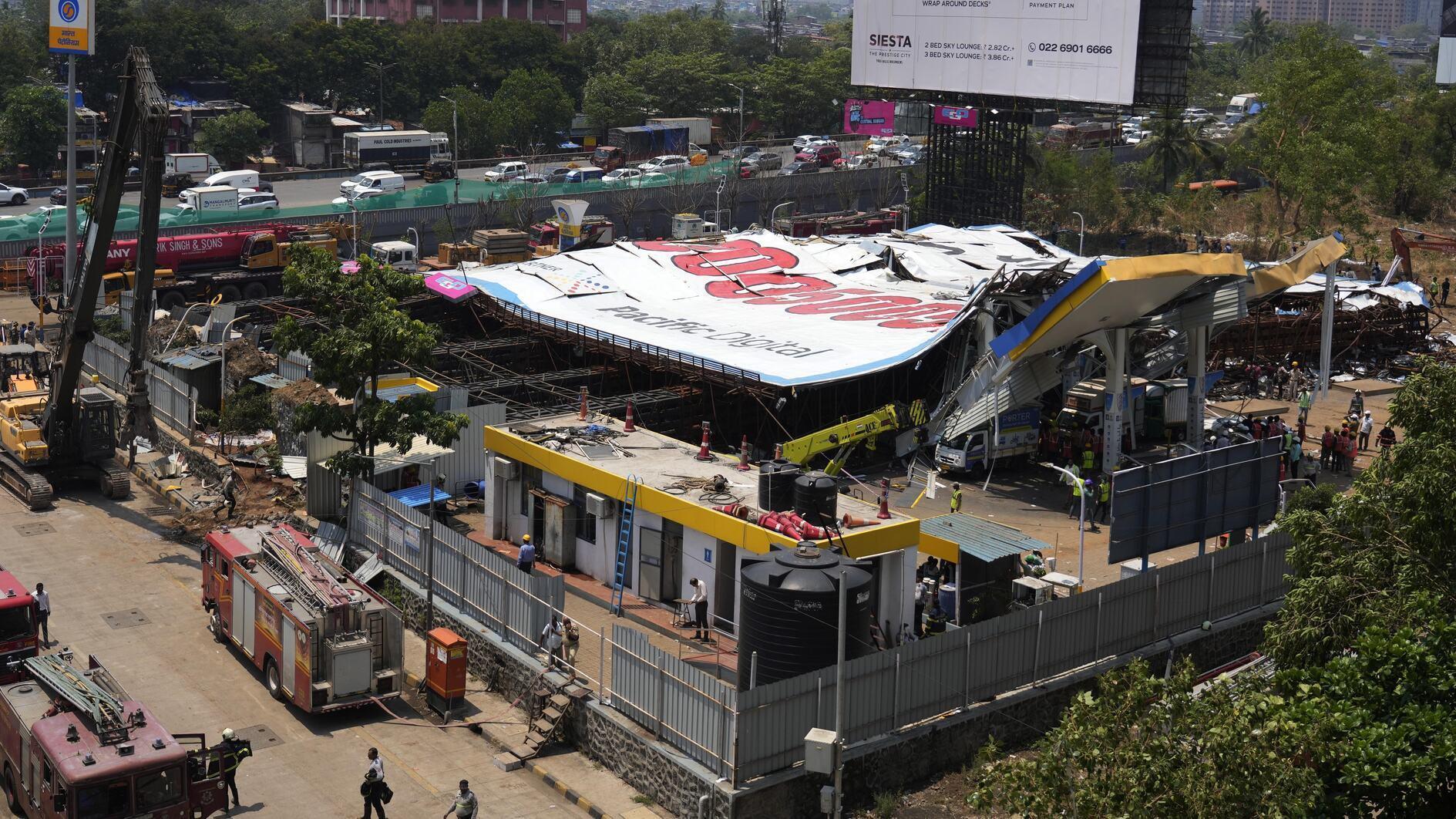Export by rail route to eliminate high costs
TEKİRDAĞ / AYDIN - Anatolia News Agency

Tekirdağ Port in the northwestern province of Turkey is seen in this file photo. TOBB says export products wıll be transported by rail from Tekirdağ to Europe. AA photo
Turkey plans to activate its railway lines for exports, President of the Union of Chambers and Commodity Exchanges of Turkey (TOBB) Rıfat Hisarcıklıoğlu said at a press event in the northwestern province of Tekirdağ on Feb. 16.Hisarcıklıoğlu stated that exports from Anatolia to the West (Europe) through the land route carry a very high cost. “We will activate railways for exports. We have carried out work on this matter,” he said.
Products made by industrials in Anatolia will be carried on railway lines to Bandırma Port in the northwestern province of Balıkesir’s Bandırma district, after being gathered in settled centers through a company founded by the TOBB, he said. Ferryboats will then carry them to Tekirdağ Port, where they will depart for Europe. Hisarcıklıoğlu emphasized that Turkey’s largest and Europe’s third largest container port was located in Tekirdağ, which meant that a logistic village project should also be realized in the region.
Speaking at a different event in the western province of Aydın, the president noted that Turkey’s export volume had increased from $3 billion to $150 billion in the last 30 years. “Industrial products make up 92 percent of Turkey’s exports. Three out of every four white goods product and one out of every three televisions are made in Turkey,” he said. “While Turkey, which has made progress in industry, is getting close to its export target, the state should provide the same conditions to us [industrialists] that our rivals have,” he said.
Fight against bad checks
The TOBB and the Banks Association of Turkey will sign a protocol aimed at preventing bad checks, Hisarcıklıoğlu also revealed in Tekirdağ.
“A businessman will be able to make an application to the banks in order to find out the record of the one with whom he is trading,” he said, stressing that the main goal of this protocol was to protect the private sector from bad checks, which have seen a marked increase of late.
The number of bad checks jumped from 594,836 in 2012 to 904,750 last year, representing a 52 percent increase, according to data from the Central Bank.
“It was a matter that we had to intervene immediately in, and we will find a permanent solution after this step,” he said.
















